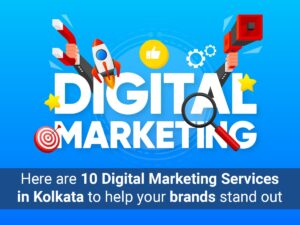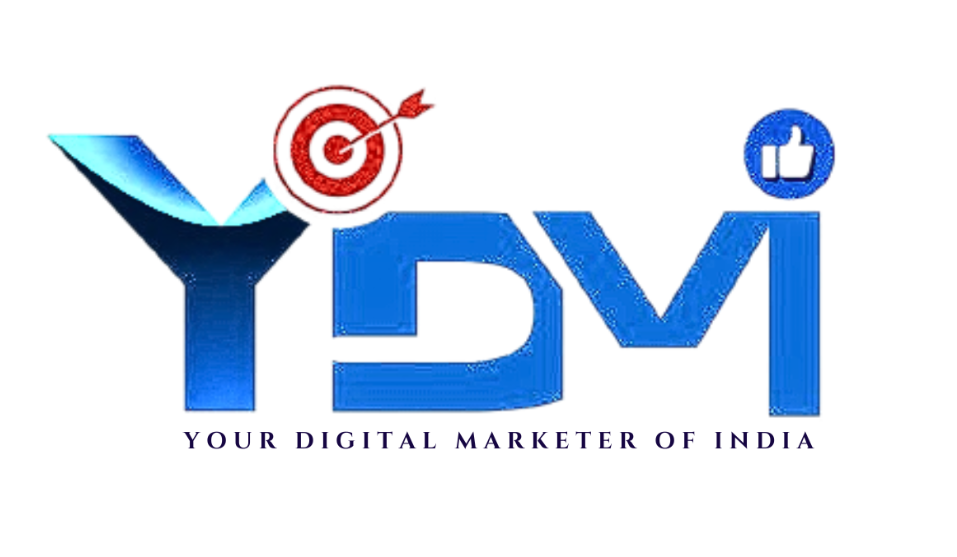Title: Unlocking the Power of Digital Marketing: Strategies That Drive Results
In today’s digital age, businesses must evolve to remain competitive—and that means embracing digital marketing as a core part of their strategy. Whether you’re a small business owner, a startup founder, or part of a growing enterprise, understanding the essentials of digital marketing can significantly impact your reach, revenue, and brand presence.
What Is Digital Marketing?
Digital marketing refers to the use of digital channels to promote products or services to consumers. These channels include search engines, websites, social media platforms, email, and mobile apps. Unlike traditional marketing, digital marketing offers real-time results, precise targeting, and valuable data to refine your campaigns.
Why Digital Marketing Matters
With billions of people connected to the internet daily, online advertising offers unparalleled access to your audience. From Google searches to social media scrolls, consumers are already online—your job is to meet them there.
Here are some of the main reasons digital marketing is essential:
- Cost-effectiveness: Digital marketing often costs less than traditional methods and delivers better ROI.
- Measurable performance: You can track clicks, conversions, and engagement in real time.
- Precise targeting: Tools allow marketers to segment audiences by demographics, location, and behavior.
- Global reach: Your campaigns can reach audiences across countries without needing a physical presence.
Core Components of Digital Marketing
- Search Engine Optimization (SEO)
SEO is the process of optimizing your website to rank higher on search engines like Google. Higher visibility in search results means more organic traffic. Effective SEO involves:- Keyword research
- On-page optimization
- Technical SEO
- Quality backlinks
Investing in SEO provides long-term benefits and enhances your credibility.
- Content Marketing
Content marketing involves creating valuable, relevant content to attract and engage your target audience. This could include blog posts, videos, infographics, podcasts, and ebooks. Good content:- Builds trust and authority
- Educates your audience
- Drives organic traffic through SEO
- Supports other digital marketing strategies
- Social Media Marketing
Platforms like Facebook, Instagram, LinkedIn, and TikTok allow brands to connect directly with consumers. Social media marketing helps to:- Increase brand awareness
- Drive traffic to your website
- Foster community and loyalty
- Run targeted ad campaigns
With consistent posting and engagement, social media becomes a powerful customer touchpoint.
- Pay-Per-Click (PPC) Advertising
PPC is a form of paid advertising where you pay only when someone clicks your ad. Google Ads and Meta Ads (Facebook/Instagram) are popular platforms. PPC is ideal for:- Driving immediate traffic
- Promoting limited-time offers
- Targeting specific customer segments
With proper keyword bidding and ad copy, PPC campaigns can yield high returns quickly.
- Email Marketing
Email marketing remains one of the most cost-effective digital strategies. It allows personalized communication with leads and customers. Use email campaigns to:- Nurture leads with valuable content
 Promote products or services
Promote products or services- Offer discounts or updates
- Drive repeat purchases
Segmenting your email list improves engagement and open rates.
Creating a Successful Digital Marketing Strategy
To make the most of digital marketing, consider these strategic steps:
- Set clear goals: Define what success looks like—brand awareness, lead generation, conversions?
- Know your audience: Understand their demographics, behaviors, and needs.
- Choose the right channels: Not all platforms will suit your business. Focus on where your audience spends time.
- Analyze and optimize: Use analytics tools to measure performance and adjust your strategy accordingly.
Future Trends in Digital Marketing
The digital landscape is always evolving. Stay ahead by watching these trends:
- AI and automation: Chatbots, AI-generated content, and predictive analytics are revolutionizing marketing efficiency.
- Video content: Short-form video continues to dominate engagement metrics.
- Voice search: Optimize for voice assistants as more users search hands-free.
- Personalization: Consumers expect tailored experiences—custom content and product recommendations are key.
Conclusion
Digital marketing is no longer optional—it’s essential. By integrating SEO, content marketing, PPC, email marketing, and social media strategies, businesses can build a robust online presence and drive sustainable growth. The digital world offers endless possibilities—make sure your brand is part of the conversation.


